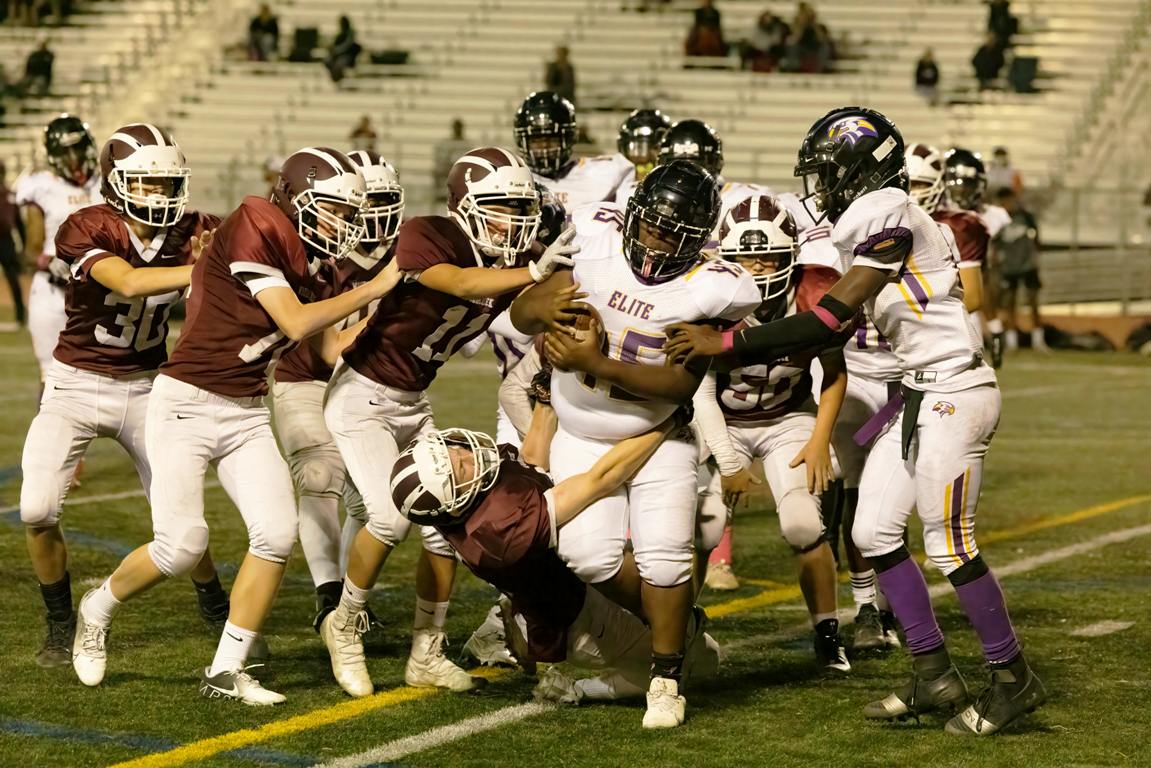Ole Miss Football Stadium - The Jewel of Oxford

Ole Miss Football Stadium is a cultural icon and a testament to the enduring spirit of the Ole Miss Rebels. Stadium, located in the heart of Oxford, stands as more than just a venue for football games. It is a place where memories are forged. This gathering place fosters a sense of community that resonates deeply with students and residents of Oxford. This blog will delve into the role it plays for the football and what makes it distinctive.
First time, in 1915, students at the University of Mississippi helped in the construction of the first football grandstand at the site of the present field. Since then, the stadium has been a cornerstone of Ole Miss Culture. The stadium is the heartbeat of Ole Miss tailgating traditions. Few collegiate stadiums have a tailgating counterpart as legendary as The Grove. The synergy between these two landmarks amplifies the game day experience. On game days, fans arrive in droves, transforming the campus into a sea of red, blue, and navy. This stadium embodies a unique blend of tradition and innovation that sets it apart from other collegiate venues.
Architectural Evolution
This historical stadium seamlessly blends history with innovation. It has become a symbol of pride for generations to come. The charm of its original design retains a soul steeped in Southern tradition. A wonder of design and engineering, the South End Zone houses luxury suites and club seating, offering breathtaking views of the action. However, the transformation of Ole Miss Football Stadium over the decades reflects its commitment to modernization. Expansions have elevated its capacity from 24,000 fans to over 64,038.
Amenities
The field of Ole Miss Football Stadium represents a commitment to excellence with advanced turf technology and immaculate playing surface. It is one of the largest and most technologically advanced stadiums in the Southeastern Conference (SEC) where high-definition scoreboards, sound system, stadium lights, and premium seating enhance fan experience.
Impact Beyond Football
Ole Miss Football Stadium serves as multipurpose space where community events, concerts, and ceremonies are organized frequently. Its versatile role highlights its importance to the university and community. Moreover, the stadium also plays a significant role in the local economy. Game days bring a surge of visitors to Oxford, benefiting restaurants, hotels, and local businesses.
Ole Miss, it’s not just football—it’s family.
Let’s share and celebrate this unique legacy together!
